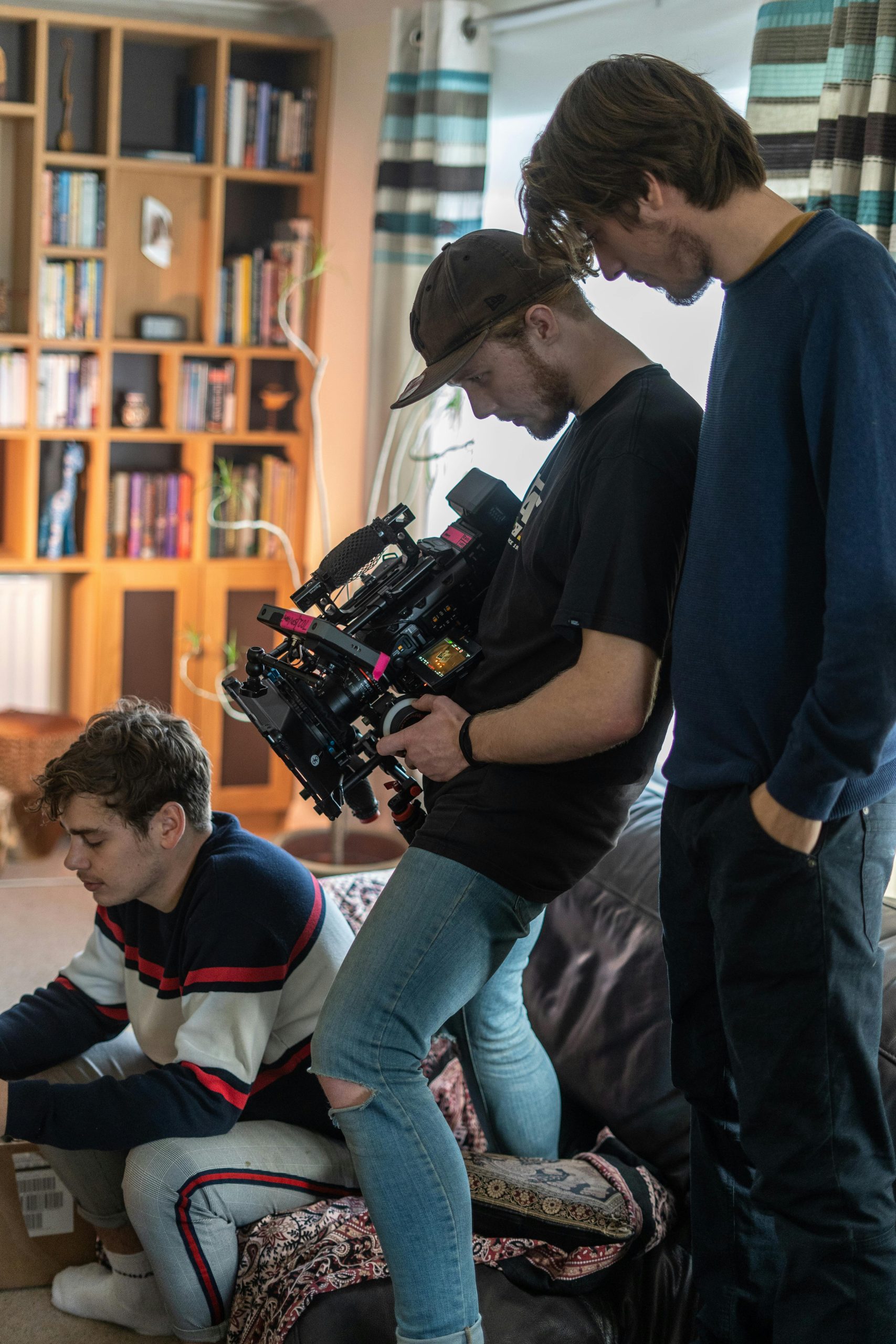Handling Vehicle Repairs After a Drunk Driving Incident: Your Insurance Options
Encountering a situation where your parked vehicle is damaged due to a third-party incident can be stressful, especially when the responsible party’s insurance provider is experiencing technical difficulties. Recently, a vehicle owner faced this challenge after a drunk driver struck their parked car. The driver was apprehended, and insurer details were exchanged; however, the insurance company, Erie Insurance, is currently experiencing a significant system outage, possibly due to a ransomware attack, requiring manual processing of claims.
In such circumstances, car owners often wonder whether to proceed with their own collision coverage to expedite repairs or to wait for the third-party insurer to resolve their technical issues.
Why Consider Using Your Collision Coverage?
If you’re in a similar position, leveraging your own collision insurance can be a practical solution. While using your policy involves paying a deductible—$500 in this case—you can potentially have your vehicle repaired promptly. Once Erie Insurance resumes normal operations and processes their claims, they are expected to reimburse your deductible, assuming they successfully recover the costs from the at-fault driver’s insurer.
The Risks and Benefits
Speed of Repair: Utilizing your insurance can significantly reduce the time your vehicle remains out of service, especially if the third-party insurer is dealing with a prolonged technical outage.
Financial Assurance: Paying the deductible upfront guarantees that your repair process begins without unnecessary delays.
Reimbursement: If Erie Insurance reestablishes their systems and successfully pursues recovery, your deductible costs will be reimbursed.
Potential Challenges: It’s important to understand that submitting a claim through your own insurer may affect your insurance premium, depending on your policy and circumstances. However, most policies consider such claims as valid claims rather than fault-related incidents, often minimizing premium increases.
Final Recommendations
In cases where the at-fault insurer is experiencing system outages, it’s advisable to:
-
Proceed with your collision coverage to promptly repair your vehicle.
-
Keep detailed documentation of the incident, communications, and repair estimates.
-
Follow up regularly with your insurer about reimbursement processes once their systems are operational again.
-
Consult with your insurance agent to understand any potential implications on your policy and to plan the best course of action.
Dealing with the aftermath of an incident involving a drunk driver can be complex, but understanding your options and acting proactively can help you return to normalcy more swiftly. If you find your insurer’s systems are down during a claim, using your own collision coverage might



